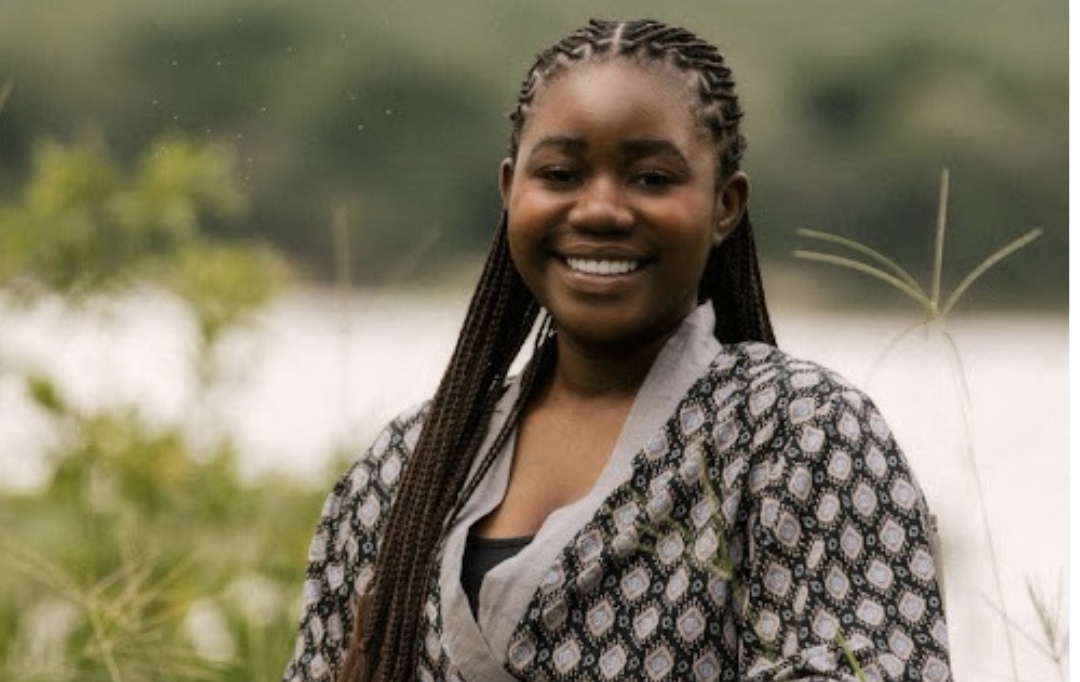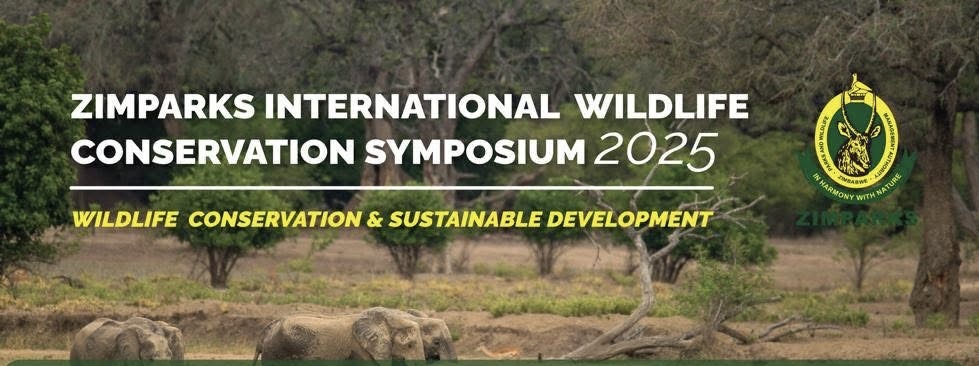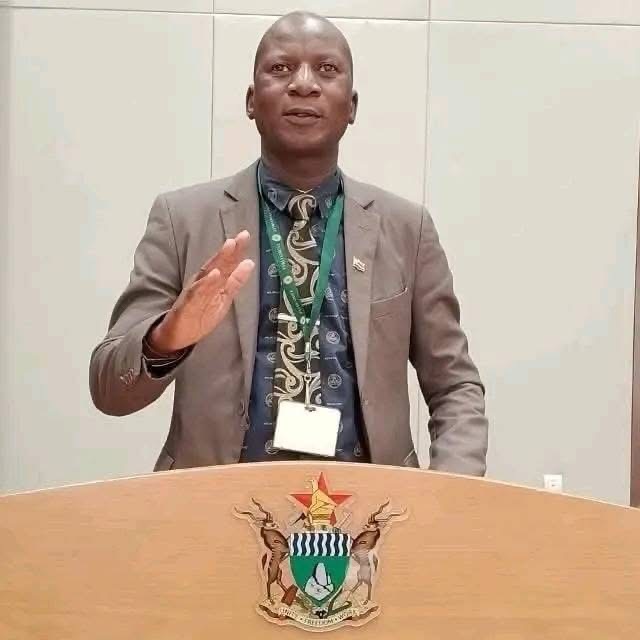BY LONDIWE DLOMO
Twenty-eight-year-old Vimbai Masiyiwa is the executive director of Batoka Hospitality, the first black, female-owned safari lodge group in Africa.
She co-founded the company with her mother Tsitsi Masiyiwa. Their project, Zambezi Sands River Lodge, a safari lodge nestled on the western end of the Zambezi National Park and about an hour from Victoria Falls, due to open in June, is a luxurious testament to community-led initiatives centred around women empowerment.
Batoka Hospitality is a luxury eco-tourism and community development group.
“At the moment, just about 40% of our staff are women… In the organisation we have paths to leadership and also, we support women-led projects. We’re working with a member of our staff, she leads a women-led initiative sewing club in Zimbabwe.
“Our work with her is in looking for opportunities for women to sell their sewing products beyond Chisingwe village, beyond Victoria Falls and into retail and then we’re looking at [business] mentorship,” says Masiyiwa.
Masiyiwa and her mother decided to get more involved in the hospitality side of the family business portfolio. For those who might not know, Vimbai is the second-born daughter of Zimbabwean billionaire businessman Strive Masiyiwa.
She has worked with her father for some years, starting off as an intern at the age of 14, throughout her university years and working as a special assistant for him until almost two years ago, when she fully stepped into her role at Batoka.

Her dad has always been open and generous with all he’s learnt in business; he would update his Facebook page with lessons for all to learn from. From those lessons Vimbai and her siblings were also able to ask follow-up questions. She says she’s learnt from her dad to be a great listener, and says her father always hears people out and then says his piece.
“I used to jump into saying what it is I wanted, being very straightforward but as I’ve grown over the last few years I’ve really mirrored exactly what I see him do. I’m sure if you put us in the same room and put a screen between us and had someone talk to us we would look identical, I mirror everything … from how he sits to how he responds just because I’ve seen him grow in business over the years and I’ve seen what has worked. I’m an observer and I learn by observing. I’m a bit of a copycat in that sense.”
Vimbai has lived in Zimbabwe, SA and the UK, and is based in the UK and US currently. She is no stranger to luxury as is testament in the décor of her lodge, which was started during the thick of the global coronavirus pandemic.
She is also known for her love of African designers, her fashion sense has seen her, alongside Kate Middleton, voted as one of 2022’s Best Dressed Woman by the UK’s Tatler magazine. She laments the lack of funding for African designers as this costs them opportunities to distribute their products to a global consumer base.
“They get the design right, they get the story behind it right, one of my favourites at the moment, I have three favourites: Thebe, I absolutely love Thebe Magugu, Christie Brown [Ghana] and Moses by Moses in Rwanda and all of them tell a story… They get it right, they understand authenticity, there’s just a lack of global funding,” she adds.
She has worked with her father for some years, starting off as an intern at the age of 14, throughout her university years and working as a special assistant for him until almost two years ago, when she fully stepped into her role at Batoka.
Her dad has always been open and generous with all he’s learnt in business; he would update his Facebook page with lessons for all to learn from. From those lessons Vimbai and her siblings were also able to ask follow-up questions. She says she’s learnt from her dad to be a great listener, and says her father always hears people out and then says his piece.
“I used to jump into saying what it is I wanted, being very straightforward but as I’ve grown over the last few years I’ve really mirrored exactly what I see him do. I’m sure if you put us in the same room and put a screen between us and had someone talk to us we would look identical, I mirror everything … from how he sits to how he responds just because I’ve seen him grow in business over the years and I’ve seen what has worked. I’m an observer and I learn by observing. I’m a bit of a copycat in that sense.”
Vimbai has lived in Zimbabwe, SA and the UK, and is based in the UK and US currently. She is no stranger to luxury as is testament in the décor of her lodge, which was started during the thick of the global coronavirus pandemic.
She is also known for her love of African designers, her fashion sense has seen her, alongside Kate Middleton, voted as one of 2022’s Best Dressed Woman by the UK’s Tatler magazine. She laments the lack of funding for African designers as this costs them opportunities to distribute their products to a global consumer base.
“They get the design right, they get the story behind it right, one of my favourites at the moment, I have three favourites: Thebe, I absolutely love Thebe Magugu, Christie Brown [Ghana] and Moses by Moses in Rwanda and all of them tell a story… They get it right, they understand authenticity, there’s just a lack of global funding,” she adds.
On top of her drive for women empowerment, Vimbai is also a mental health advocate. When she was 20 years old she was diagnosed with cancer and suffered a severe depression after receiving treatment.
It was hard to fathom what she was going through as most African families struggle with mental health awareness and support. She has become an advocate for education about mental health issues as she had to educate friends and family about what she was going through at the time.
“I’m so interested in sharing my experience and supporting organisations that are busy with mental awareness, it’s because I felt so much shame myself and only when I began to talk about it did I realise that there’s so many other people that don’t need to feel this shame that probably end up in a worse situation than I did. It’s just totally unnecessary for people to get there.”
She celebrates that there are a lot of African people becoming mental health professionals. She is excited about the advancements in educating Africans on mental health but says there’s absolutely more work that needs to be done.
“We need the older generations to participate in [the] conversation because they are the lawmakers, the financiers, and in order for us to see growth we need them to have a better understanding of mental wellbeing.”
Her lodge has 10 tented suites that have been redesigned by South African interior designer Yvonne O’Brien. Each of the suites has a private plunge pool and spectacular views of the Zambezi River. The group’s Tesse Fund is financed by 10% of the revenue made from each guest’s stay. The purpose of the fund is for staff members within the Batoka Hospitality family to come up with projects that benefit their local community.

 Slider3 years ago
Slider3 years ago
 National4 years ago
National4 years ago
 Tourism and Environment4 years ago
Tourism and Environment4 years ago
 Opinion4 years ago
Opinion4 years ago
 Special reports4 years ago
Special reports4 years ago
 National4 years ago
National4 years ago
 National3 years ago
National3 years ago
 National3 years ago
National3 years ago





